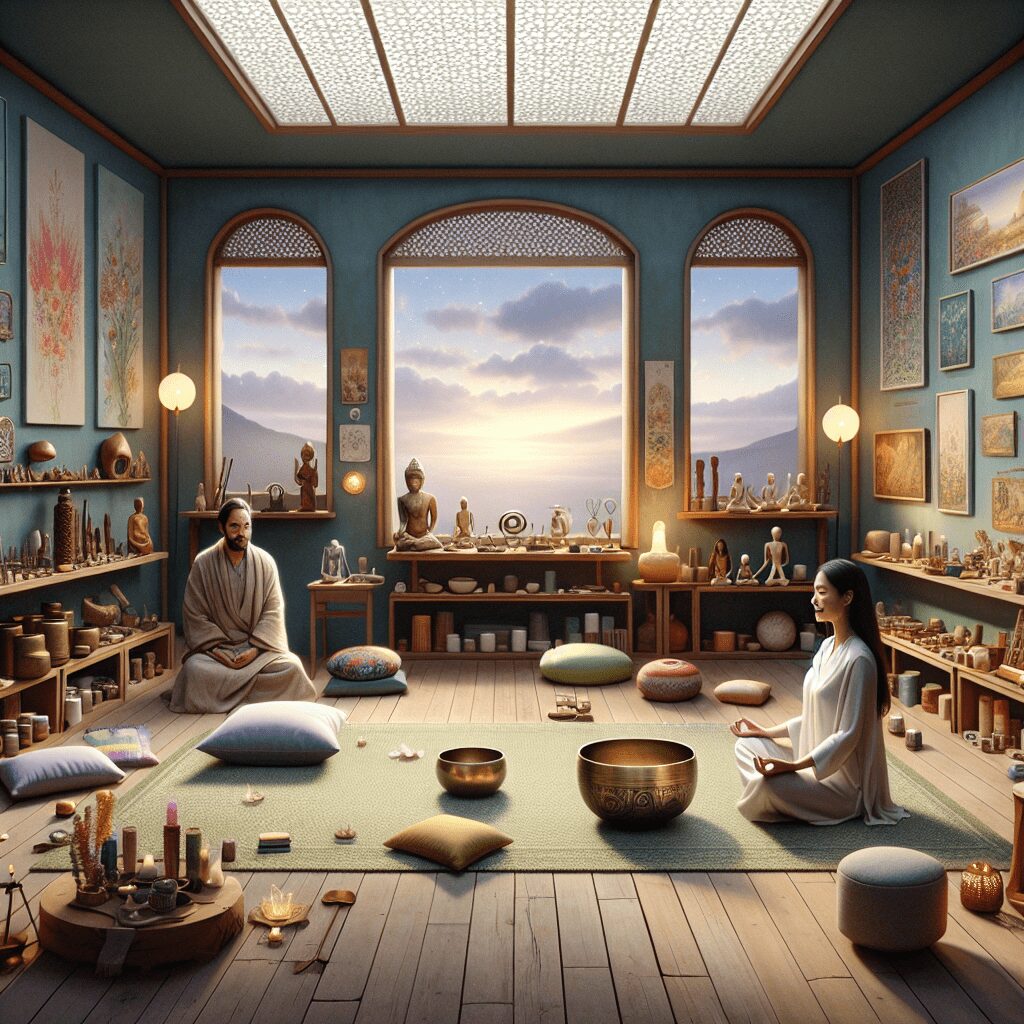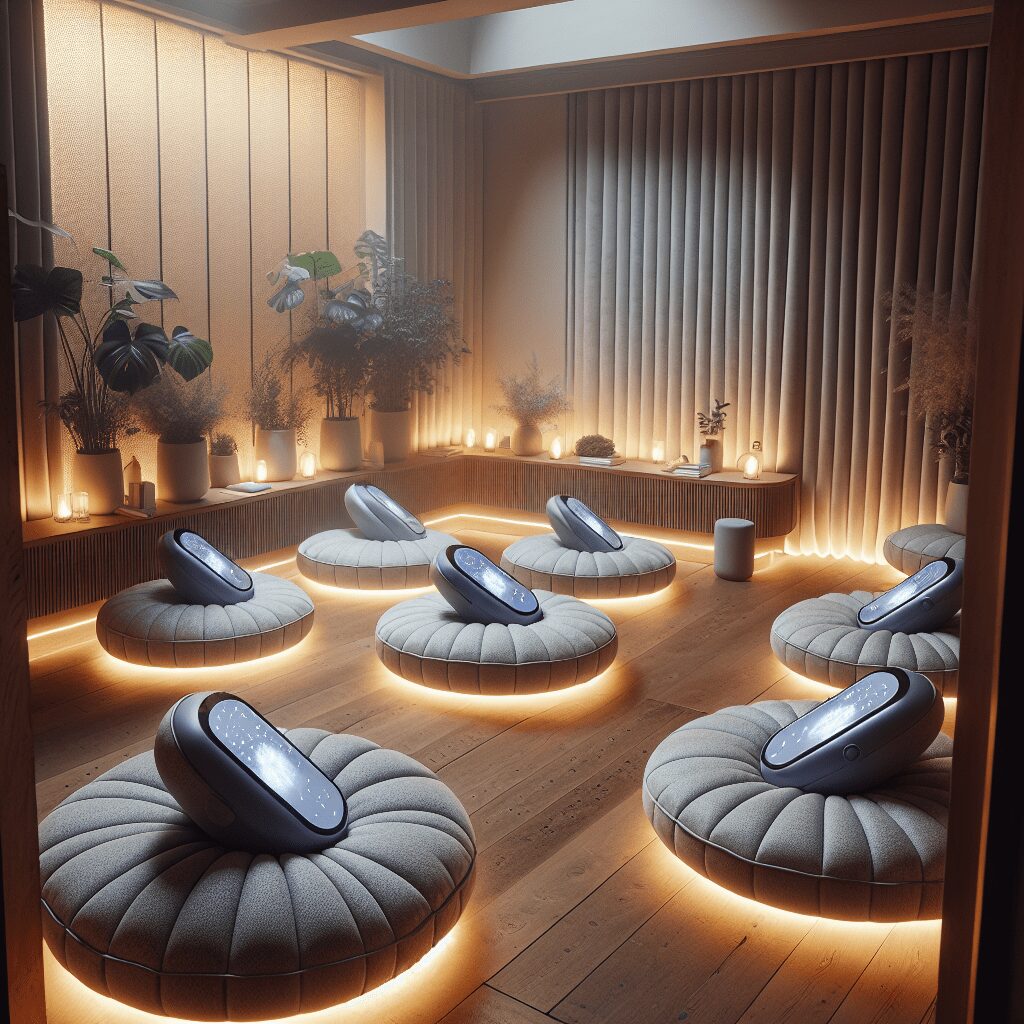
Prioritize your mental well-being daily. Enhance your life by nurturing your mental health with the Smart Meditation app. Break free from stress, alleviate anxiety, and enhance your sleep quality starting today.
Can Hangover Cause Anxiety?
Unraveling the Link Between Hangovers and Anxiety
Ever found yourself waking up after a night of revelry, your head pounding like it’s hosting the annual drummers’ convention, and an inexplicable sense of dread shadowing your thoughts? Welcome to the club! While hangovers are universally recognized for their physical toll, the emotional aftermath – particularly, anxiety – often flies under the radar. But, can a hangover genuinely cause anxiety, or is it all just in your head? Let’s dive in!
The Unwelcome Duo: Hangovers and Anxiety
First off, it’s crucial to acknowledge that the hangover-anxiety duo is as real as it gets. Often referred to as “hangxiety” in colloquial terms, this anxiety that shadows a hangover isn’t just a product of your imagination running wild. It’s a well-documented phenomenon, backed by science. But what’s the deal behind it? Let’s break it down.
A Cocktail of Symptoms
Imagine this: after a night of indulging in your favorite spirits, your body is now a battlefield. Alcohol, being the sneaky culprit it is, impacts your central nervous system, messes with your sleep patterns, and sends your hydration levels on a tailspin. Come morning, and you find yourself in the grips of a full-blown hangover, complete with headaches, nausea, and fatigue. But that’s not all – there’s an unexpected guest at this pity party: anxiety.
The Anxiety Connection
So, how exactly does a hangover turn into a breeding ground for anxiety? There are a few culprits:
-
Chemical Imbalance: Alcohol tinkers with your brain’s chemicals, notably serotonin and dopamine. The morning after, as your body works overtime to restore balance, you might find yourself riding the emotional rollercoaster, with anxiety in the driver’s seat.
-
Blood Sugar Blues: Booze has a knack for sending your blood sugar levels on a hike, followed by a crash. Low blood sugar is notorious for triggering anxiety – adding fuel to the fire.
-
Sleep Shenanigans: That “restful” sleep you thought you were getting? Alcohol begs to differ. It disrupts REM sleep – the phase critical for mood regulation. The result? You guessed it – heightened anxiety.
-
Dehydration Drama: One of alcohol’s party tricks is its diuretic effect. Dehydration not only contributes to the physical misery of hangovers but can also amplify feelings of anxiety.
-
Regret and Rumination: Then there’s the mental gymnastics – fretting over what you said or did the night before. This rumination can escalate into anxiety, making you wish time machines were a thing.
So, What’s the Gist?
The question isn’t if hangovers can cause anxiety, but rather how deeply intertwined they are. Understanding this connection is crucial, not just to mitigate the dread that might follow a night out, but also to foster a healthier relationship with alcohol.
The Silver Lining
Before you swear off social gatherings or banish booze from your life, take heart. Awareness is half the battle won. Here are a few strategies to keep “hangxiety” at bay:
- Moderation is Key: Enjoying alcohol in moderation can help prevent severe hangovers and their emotional aftermath.
- Hydration Station: Alternating between alcoholic beverages and water can keep dehydration (and its anxious aftereffects) in check.
- Mindful Munching: Eating a substantial meal before diving into drinks can slow alcohol absorption, cushioning its impact.
- Quality Zzzs: Ensuring a good night’s sleep post-revelry can aid in emotional recovery.
Wrapping It Up
To circle back to the initial pondering – yes, hangovers can, and often do, cause anxiety. However, with a sprinkle of mindfulness and a dash of moderation, it’s possible to strike a balance. After all, life’s too short not to enjoy the occasional toast, but it’s also too precious to spend the day after trapped in a vortex of “hangxiety.” Cheers to that!





